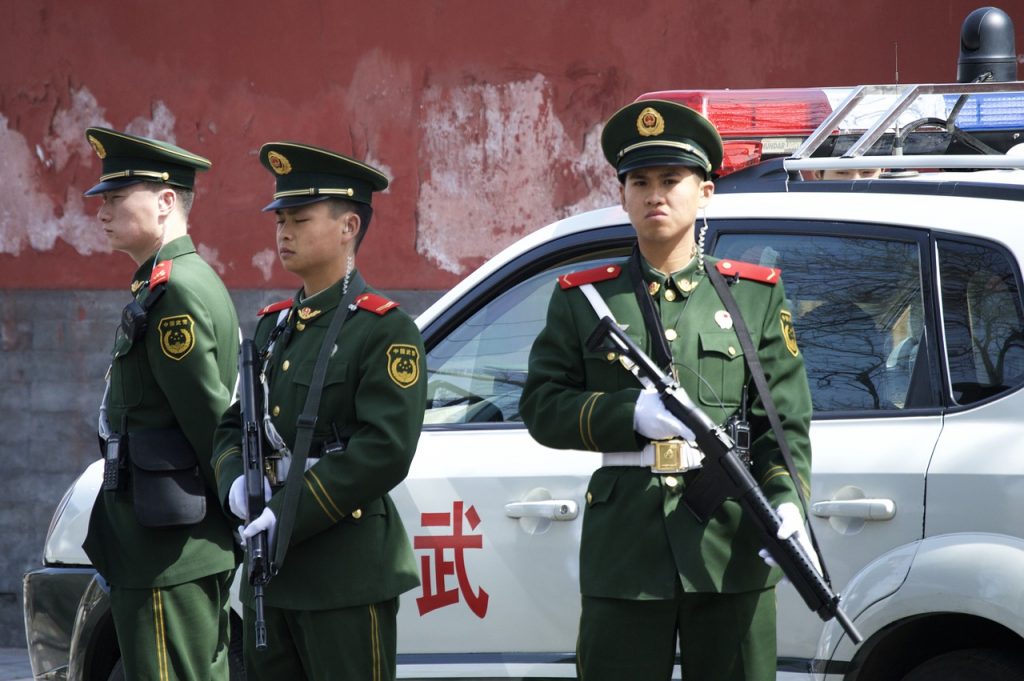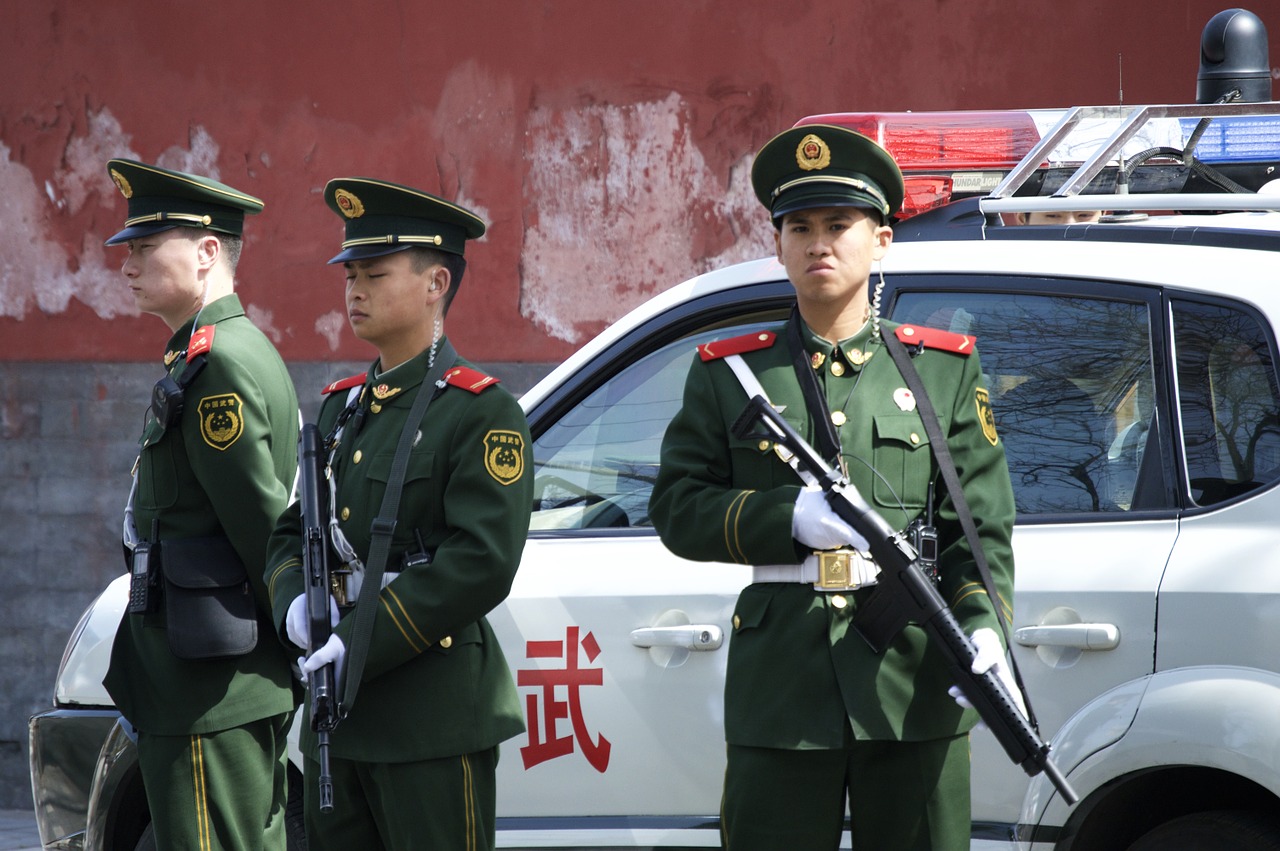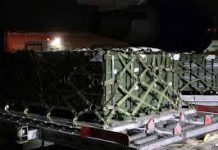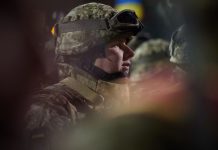
In a speech at the Policy Exchange think tank, British General Nick Carter stated, unless the British military and the British government “fundamentally change[s]” the way they counter the political and military ambitions of authoritarian rivals, it risks of being overwhelmed.
His speech coincided with the publication of Britain’s new “Integrated Operating Concept” which envisions a more integrated approach across allied governments, especially in terms of modernizing weapon systems, and keeping the competition with adversaries just below the threshold of war.
This strategic concept essentially “represents the most significant change in UK military thought in several generations. It will lead to a fundamental transformation in the military instrument and the way it is used.”
One of the “big ideas” in this concept is to distinguish between “operating” and “war fighting.”
“In an era of persistent competition, our deterrent posture needs to be more dynamically managed and modulated. This concept therefore introduces a fifth ‘C’ — that of competition — to the traditional deterrence model of comprehension, credibility, capability and communication,” said Carter.
“This recognizes the need to compete below the threshold of war in order to deter war, and to prevent one’s adversaries from achieving their objectives in ‘fait accompli’ strategies, as we have seen in the Crimea, Ukraine, Libya and further afield. Competing involves a campaign posture that includes continuous operating on our terms and in places of our choosing.”
He also identified the nature of the growing threat driving Britain’s rethink of its strategy.
“Our authoritarian rivals see the strategic context as a continuous struggle in which nonmilitary and military instruments are used unconstrained by any distinction between peace and war. These regimes believe that they are already engaged in an intense form of conflict that is predominantly political rather than kinetic,” said Carter. “Their way of warfare is strategic, it is synchronized and systematic, and our response must be too.”
This overhaul comes ahead of the government’s Integrated Defence Review, which is scheduled sometime in the second half of November. The review aims to integrate British policy across defense, security, foreign policy and overseas development spending.
Previously, ministers and advisers have signaled that the forthcoming review would see the military pivoting away from conventional military capabilities and move towards artificial intelligence, cyberspace and space fighting capabilities.
If Carter’s speech is of any indication, it is a pointer to where the government’s plan for change is headed.
“We must chart a direction of travel from an industrial age of platforms to an information age of systems,” said Carter. “Some industrial-age capabilities will increasingly have to meet their sunset to create the space for capabilities needed for sunrise. The trick is how you find a path through the night. We know this will require us to embrace combinations of information-centric technologies. But predicting these combinations will be challenging.”
This strategic overhaul has emphasized on the need to create smaller and faster capabilities that are hard to detect for the future; capabilities which trade reduced physical protection for increased mobility and heightened dependence on electronic warfare, increased sophistication network systems and stealth technology.
Interestingly, Carter does not mention how Britain’s cash-strapped economy will find the necessary resources to invest in sectors including space and cyberspace. According to analysts, the early disuse of conventional capabilities, such as doing away with the idea of a main battle tank force, could be an approach towards balancing the books.
As part of this growing strategy, last week, the Ministry of Defence confirmed that it is considering trimming its earlier purchase commitment to buy five Boeing Wedgetail command-and-control aircraft to three platforms.
The new operating concept states it is no advisable to immediately abandon the current force structure in order to create a bespoke one from scratch, given that important operations must continue and that legacy programs and platforms still hold value until they are completely replaced.
However, it is critical and “important to emphasize that the willingness to commit decisively hard capability with the credibility to war fight is an essential part of the ability to operate and therefore of deterrence,” said Carter.





